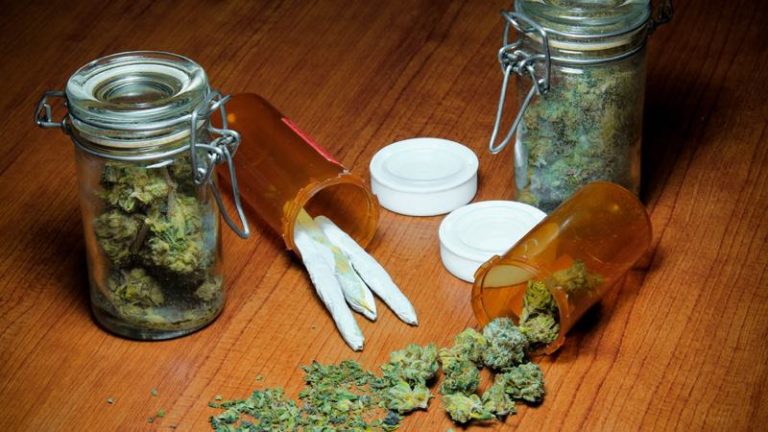Ninth Circuit Court of Appeals Determination
A federal appeals court on Tuesday banned the Justice Department from prosecuting medical marijuana cases if no state laws were broken. Marijuana remains illegal under federal law, but Congress has barred the Justice Department from spending money to prevent states from regulating the use or sale of medical pot.
On August 16, 2016, the United States Court of Appeals for the Ninth Circuit made a decision to return (remand) back to state district courts (CA and WA), 10 combined appeals and petitions for a rehearing of their individual cases brought by the Department of Justice (DOJ). These cases were originally heard in three district courts located in two states. The Ninth Circuit Court of Appeals Panel vacated the lower district’s court orders that denied relief to the defendants. The defendants had been indicted for violation of the Controlled Substances Act.
The defendants sought dismissal on the basis of a congressional appropriations rider, which was part of the Consolidated Appropriations Act of 2015. (Reference: Public Law No. 114-113, § 542, 129 Stat. 2242, 2332-33 (2015). This particular rider prohibited the Department of Justice (DOJ) from spending funds to prevent states from the implementation of their medical marijuana laws.
It is noted that the Court ruling in the summary stated that § 542 of the Public Law No. 114-113
“prohibits DOJ from spending funds from relevant appropriations acts for the prosecution of individuals who engaged in conduct permitted by state medical marijuana laws and who fully complied with such laws.
The Court Panel wrote that individuals who do not strictly comply with all state-law conditions regarding the use, distribution, possession, and cultivation of medical marijuana have engaged in conduct that is unauthorized, and that prosecuting such individuals does not violate § 542.”
In sending the cases to the originating district courts of the two states, the panel instructed that if DOJ wishes to continue these prosecutions, the appellants are entitled to an evidentiary hearing. An evidentiary hearing is a formal examination of the charges to determine if the conduct of the defendants was completely authorized by state law.
The reader is directed to read the final paragraph of this article as stated by this Court in regards to the manufacture, distribution, or possession of marijuana.
As background, the Ninth Circuit is very well known for its open-minded interpretation of public laws. The question remains what will DOJ do in this instance, will they take this back to the state courts, appeal En Banc (all) Ninth Circuit judges or to the US Supreme Court or let this determination stand? The decision is for DOJ to make.
The applicability of this decision is only within the jurisdiction of the Ninth Circuit which includes the following states: Alaska; Arizona; California; Hawaii, Idaho; Montana; Nevada; Oregon; Washington; and the territories of: Guam; and the Northern Marianas Islands.
It is noted with interest the order reads as follows:
“For the foregoing reasons, we vacate the orders of the district courts and remand with instructions to conduct an evidentiary hearing to determine whether Appellants have complied with state law.
VACATED AND REMANDED WITH INSTRUCTIONS.
from spending certain funds to prosecute certain individuals. But Congress could restore funding tomorrow, a year from now, or four years from now, and the government could then prosecute individuals who committed offenses while the government lacked funding. Moreover, a new president will be elected soon, and a new administration could shift enforcement priorities to place greater emphasis on prosecuting marijuana offenses.
Nor does any state law “legalize” possession, distribution, or manufacture of marijuana. Under the Supremacy Clause of the Constitution, state laws cannot permit what federal law prohibits. U.S. Const. art VI, cl. 2. Thus, while the CSA remains in effect, states cannot actually authorize the manufacture, distribution, or possession of marijuana. Such activity remains prohibited by federal law.”
Click Here for the full Court Decision
Written by:
Robert C. Schoening, HMC, USN (Ret.)
Consultant, Workplace Substance Abuse
Drug and Alcohol Program Manager, US Coast Guard HQ, Washington, DC (Ret.)
Member, Ferry Advisory Committee for Coupeville-Port Townsend
Member, Patient Advisory Committee, Whidbey Health
Member, Island County Substance Abuse Committee
Former small business owner, Fairfax, VA







